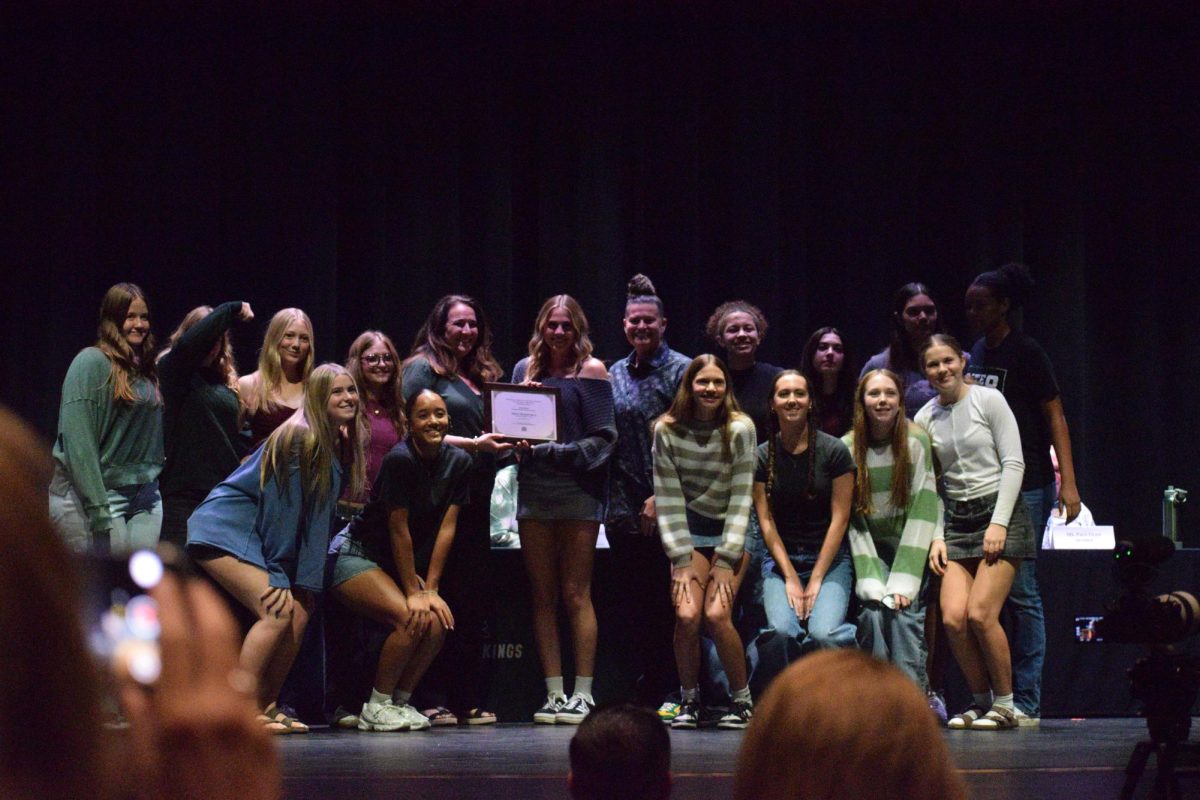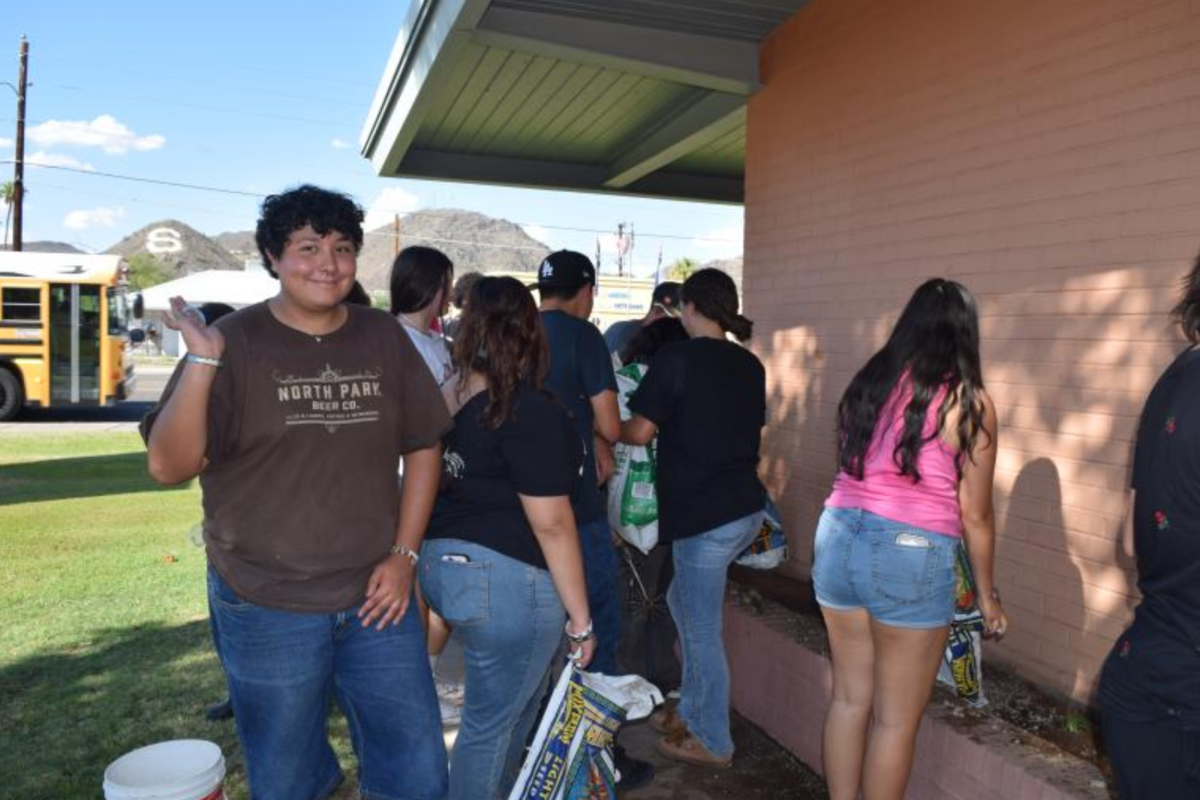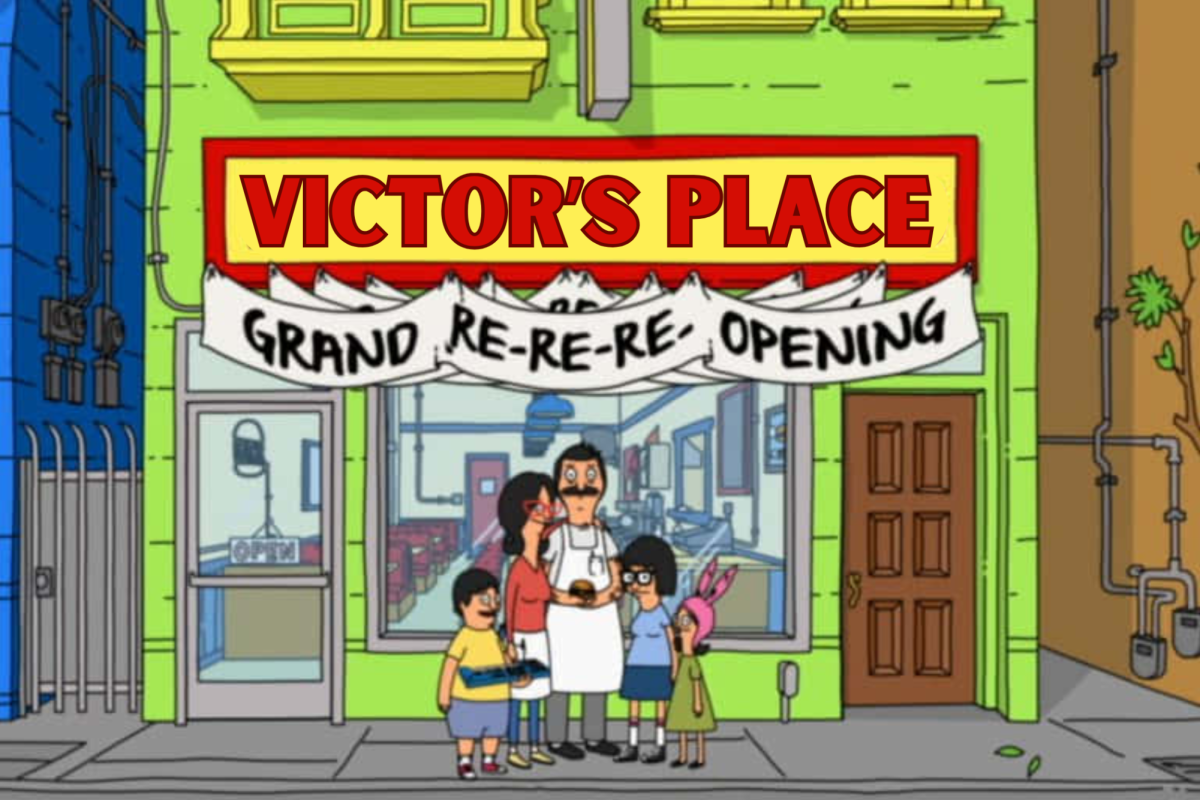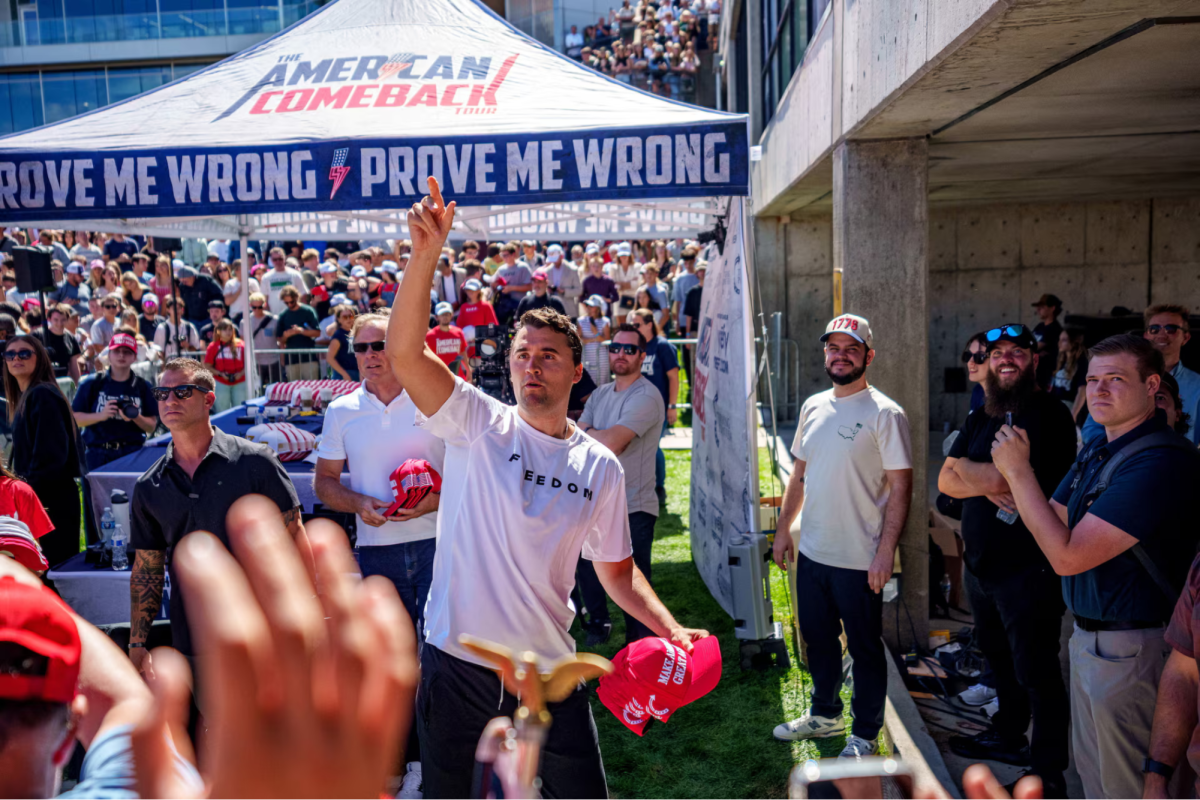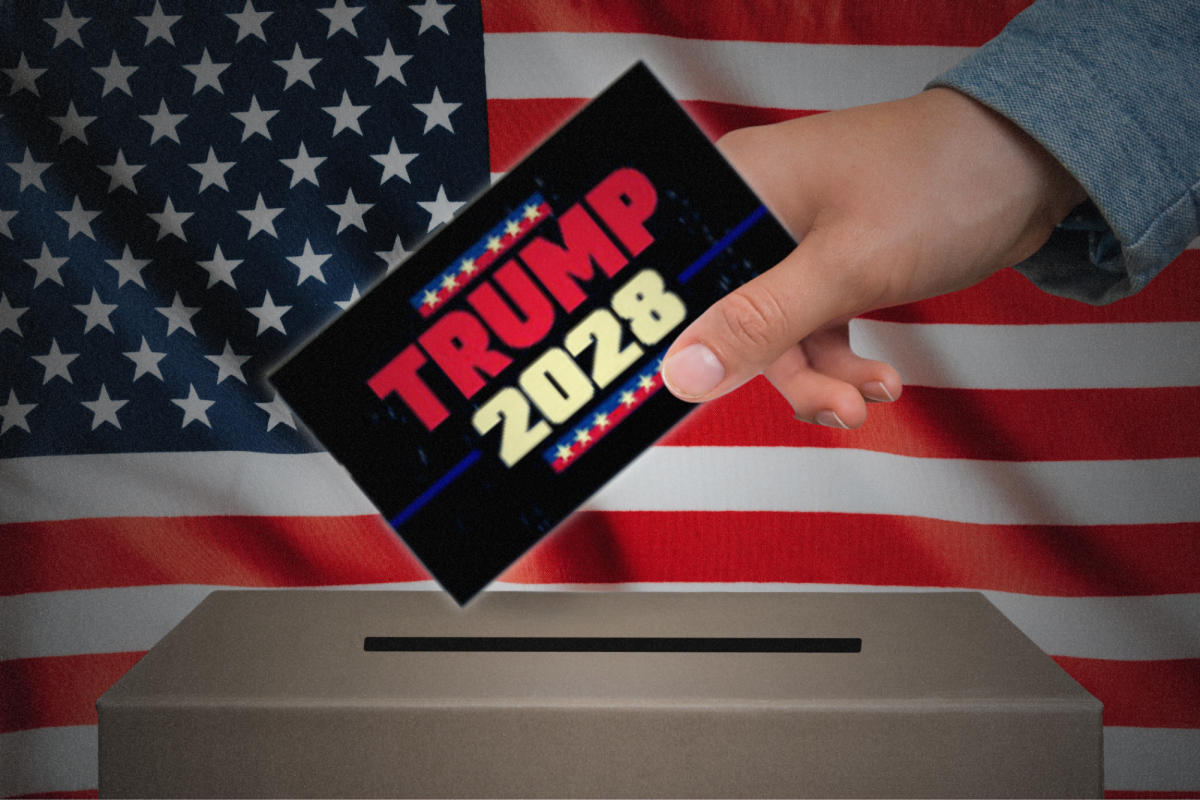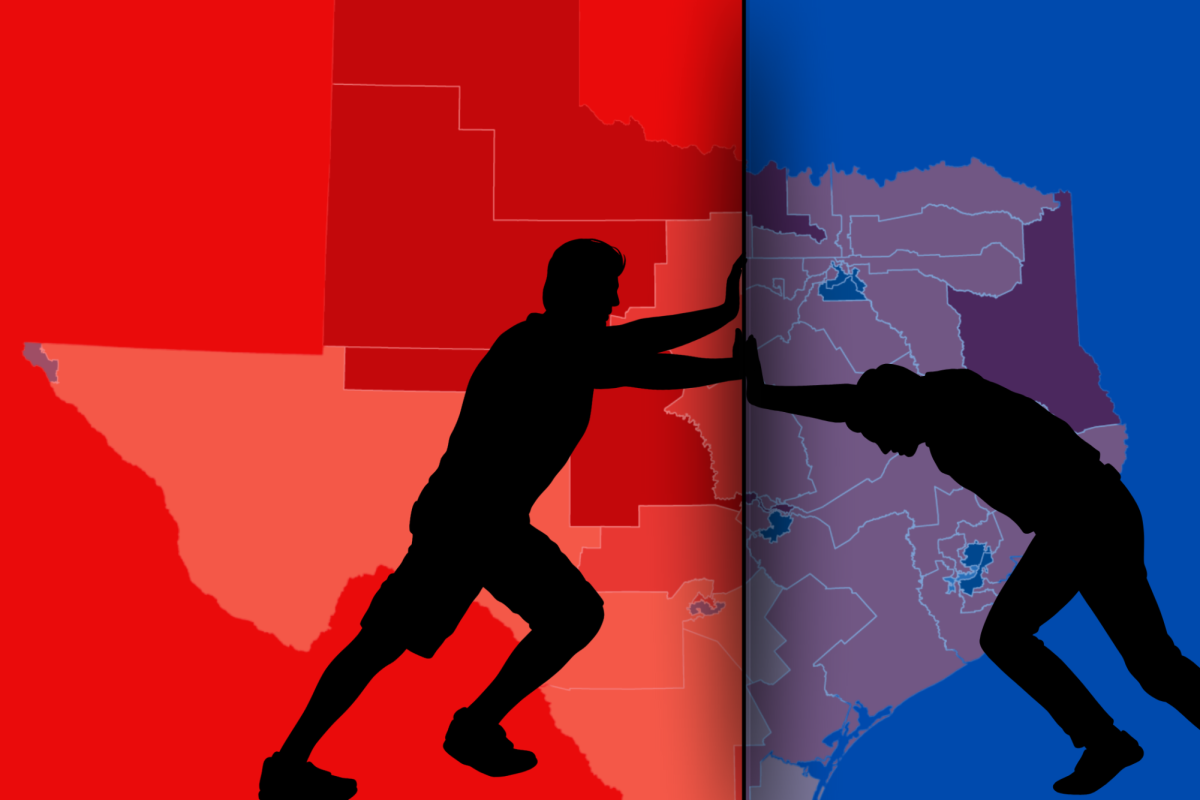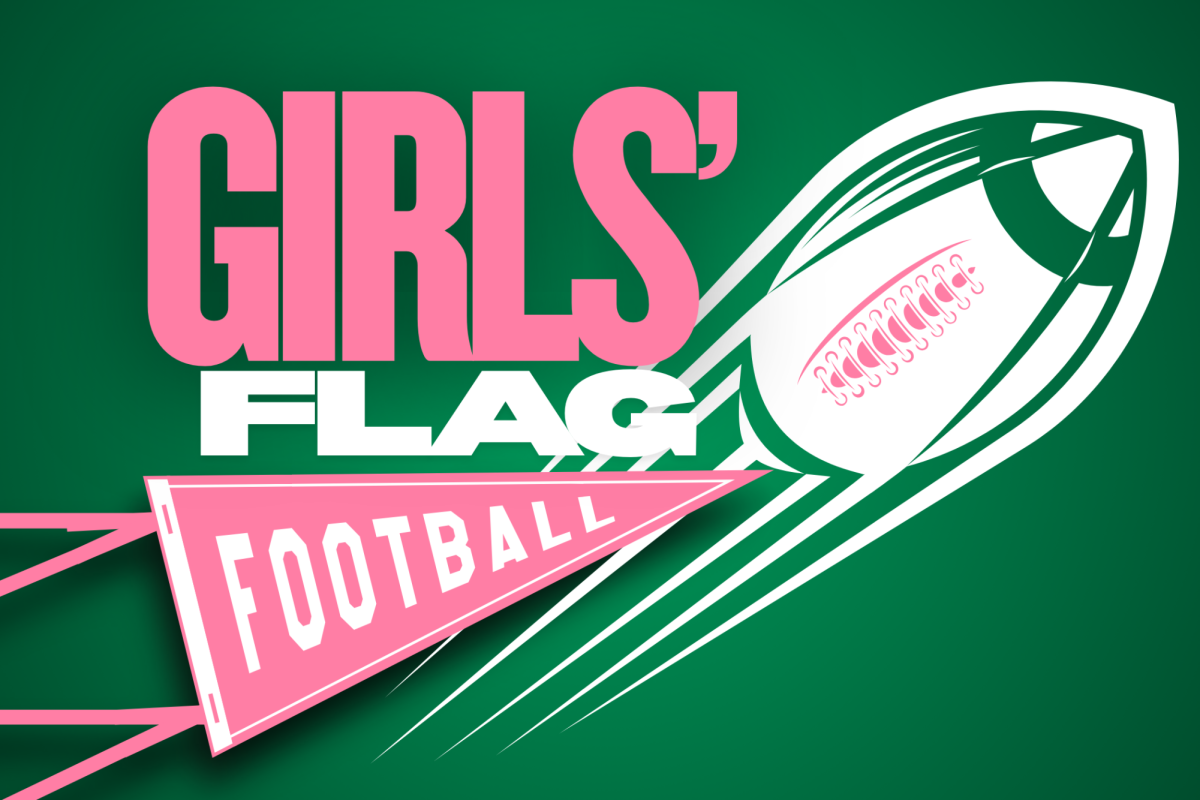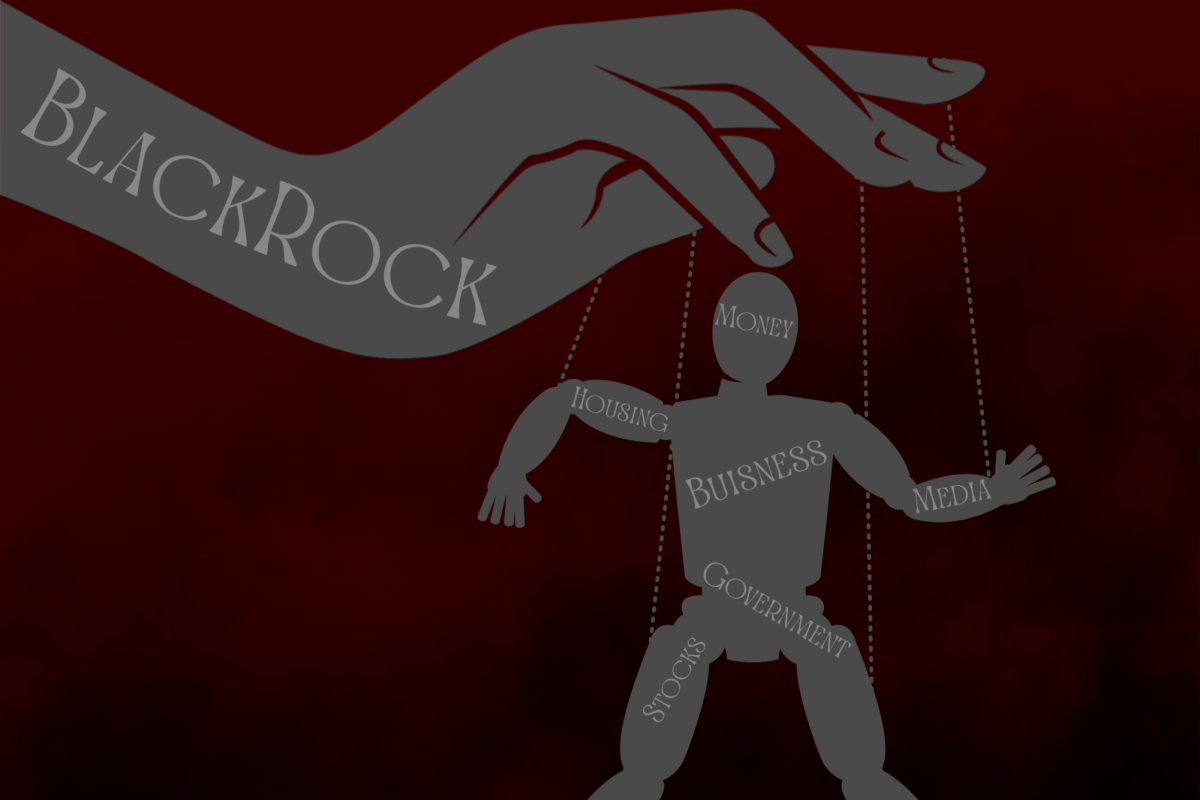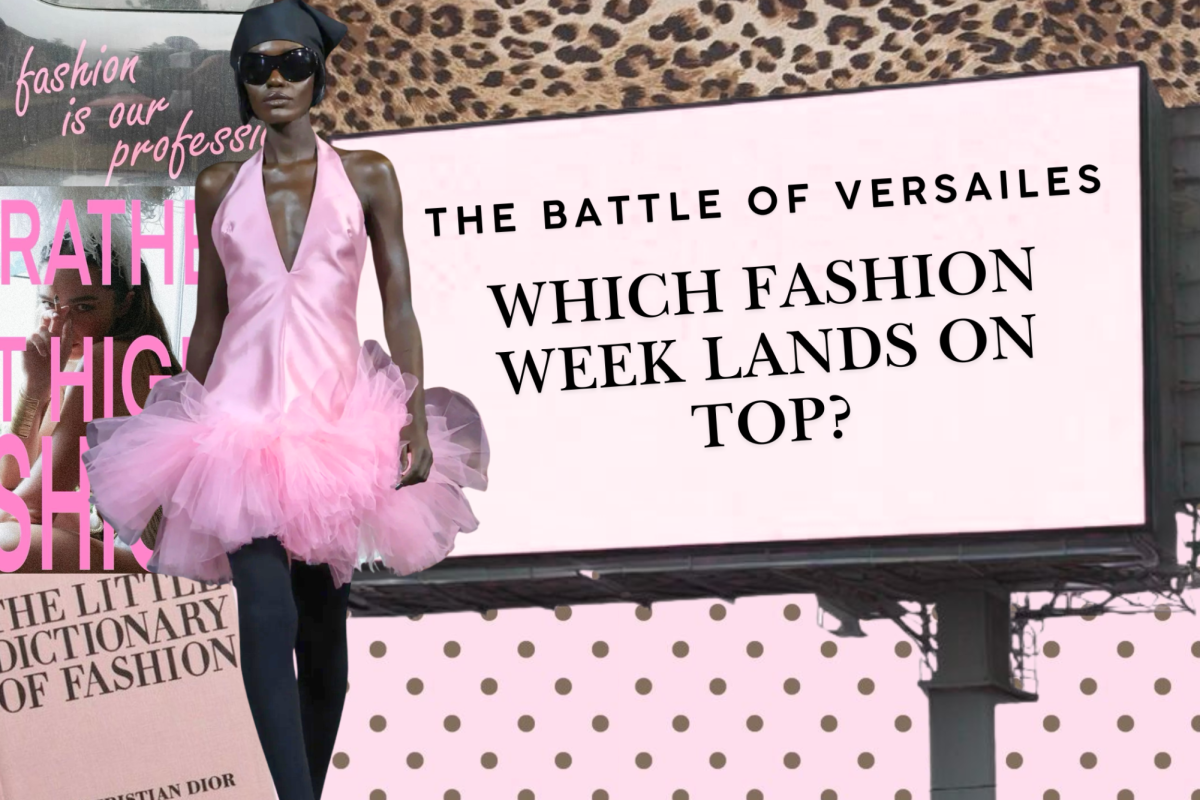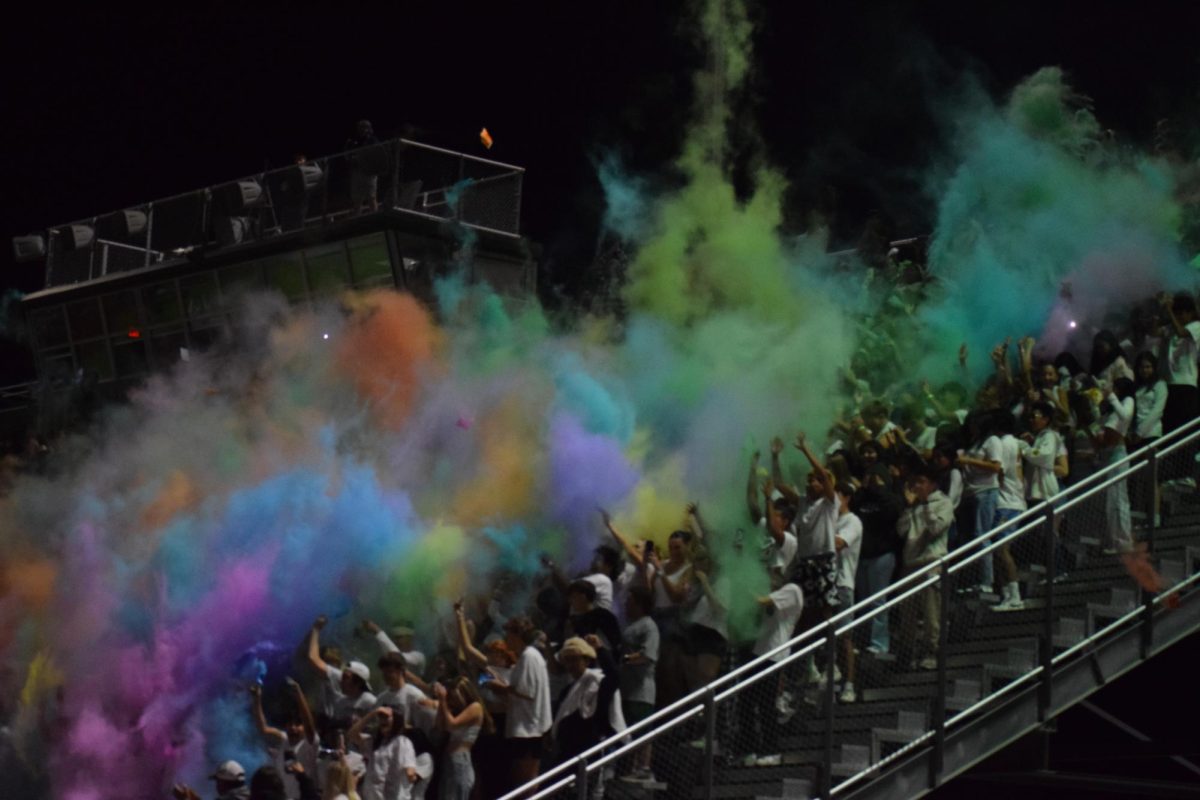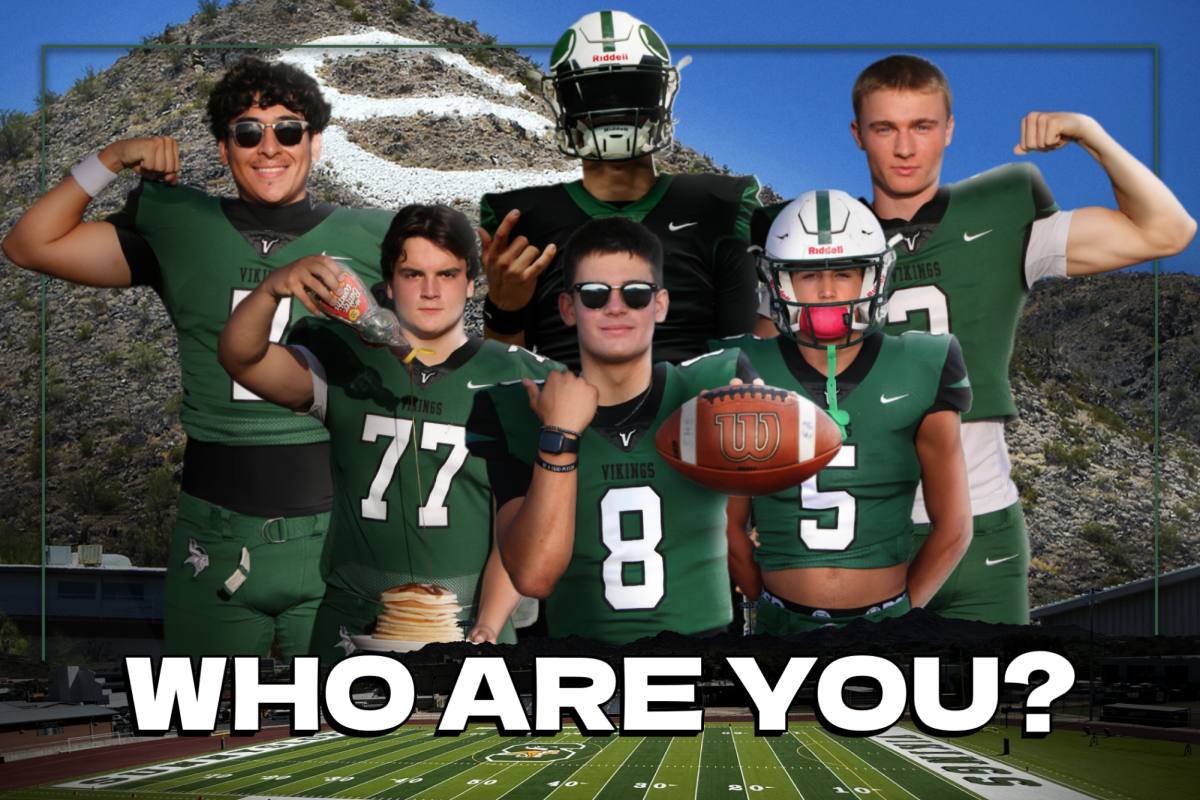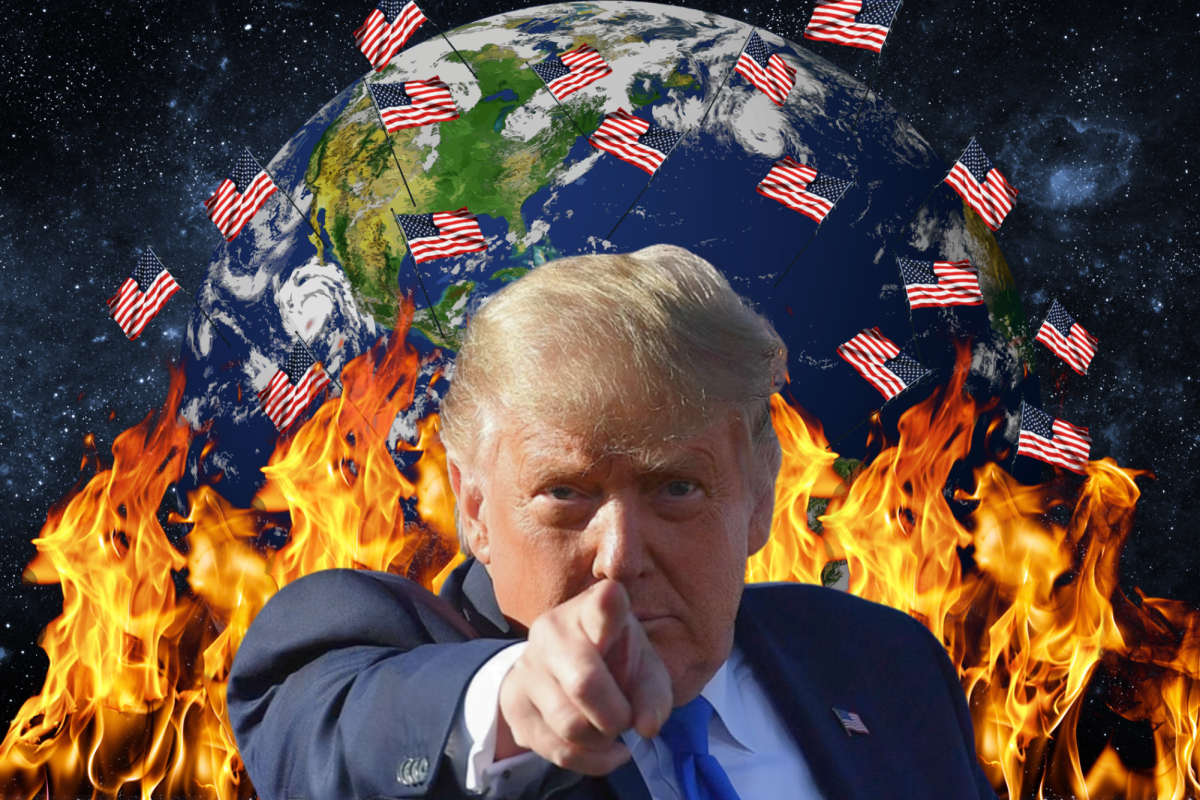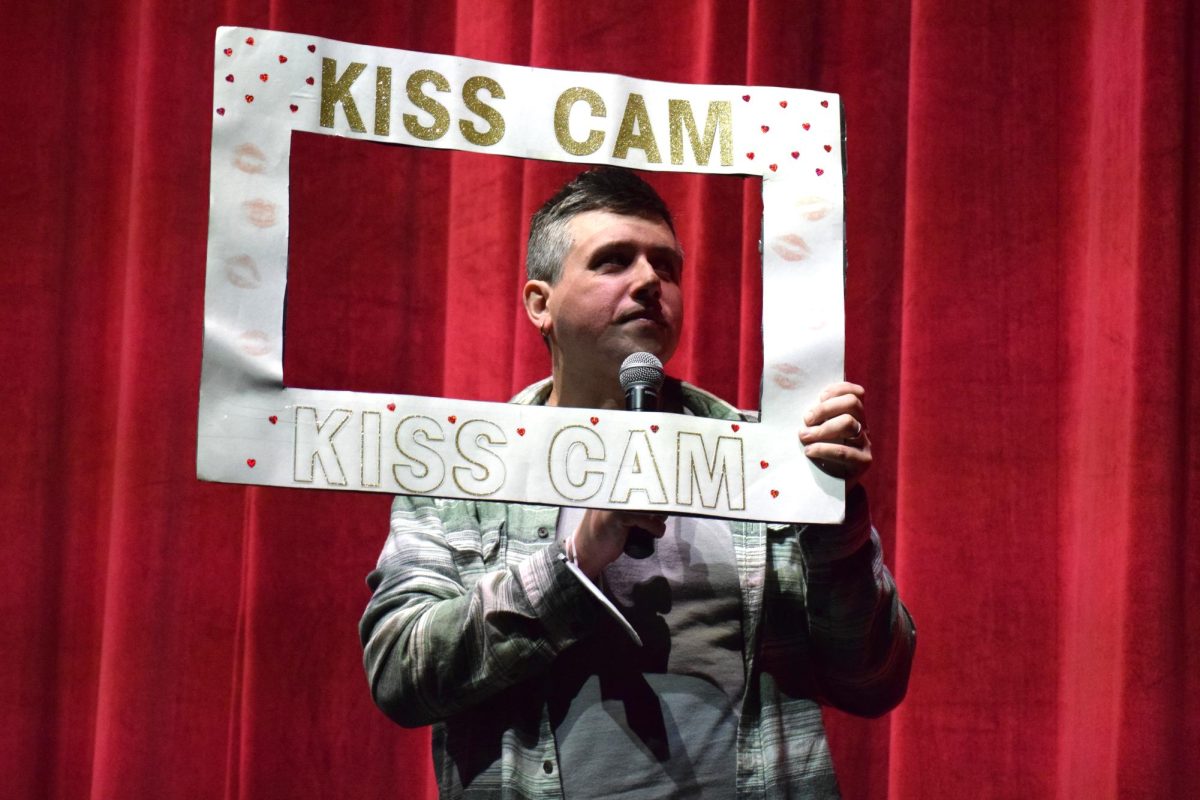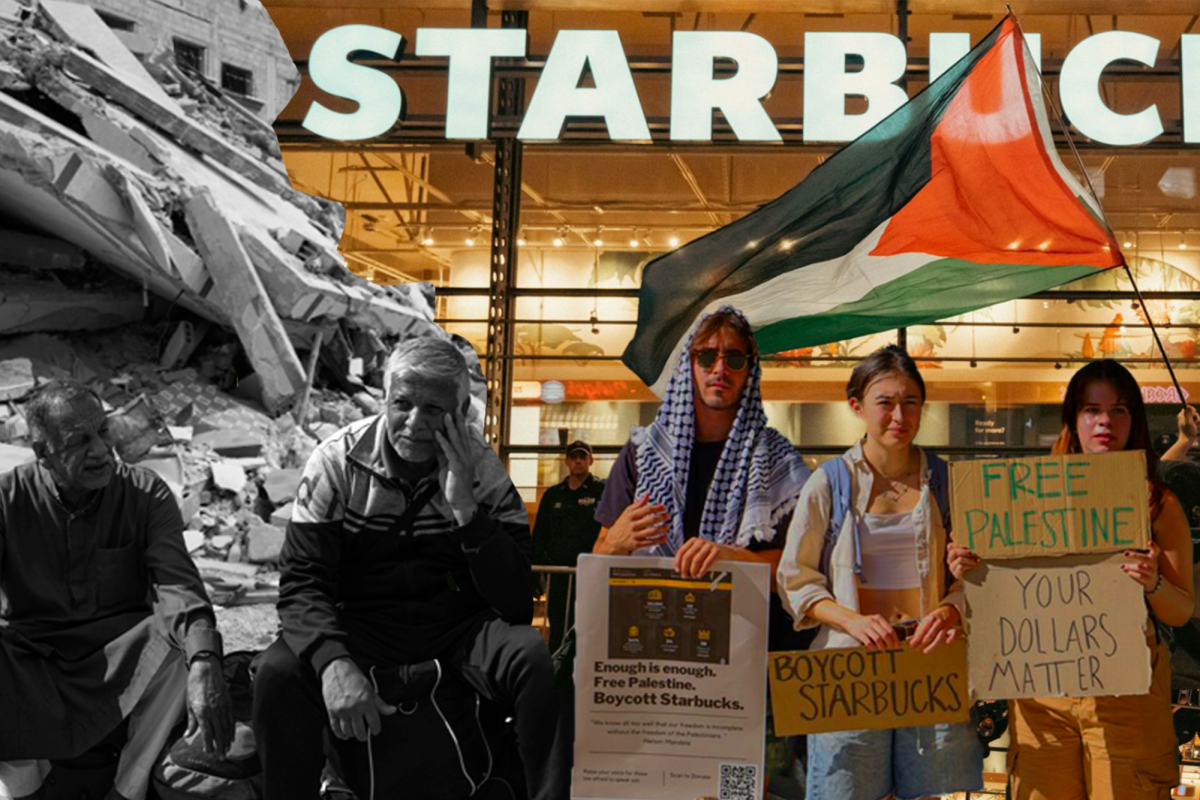Since the Israel-Palestine conflict began on October 7th, Starbucks and McDonalds have faced strong civilian boycotts for their support of Israel; the most recent development in the situation came on January 4, as McDonald’s CEO Chris Kempczinski expressed disapproval of the validity of the boycotts and emphasized the negative impact they have had on several McDonald’s markets.
The McDonald’s boycott was seemingly sparked by reports that an Israeli franchise had 5 stores in operation providing free meals to Israeli Defense Force Soldiers, according to NBC News Report on December 1.
On the other hand, the Starbucks boycott began with a more indirect action: Starbucks sued the Starbucks’ Workers Union after the group posted an image on X advocating solidarity with Palestine, according to that same NBC article.
Now, boycotts have become a major aspect of public backlash towards actions by the Israeli government, and a majority of them have been initiated and organized by the Palestine-led BDS Movement (Boycott, Divestment, Sanctions).
However, in a surprising turn, the recent ones placed upon Starbucks and McDonald’s were in no way coordinated by the BDS Movement, according to its website.
That is not to say that BDS is not in support of these boycotts though. Specifically BDS supports the McDonald’s Boycott, as an update on its website from January 5th reported that, “we are calling to escalate the boycott of McDonald’s until the parent company takes action and ends the complicity of the brand.”
Though support from BDS has certainly helped elevate these protests, they, in fact, first originated and grew through social media, which has become a common breeding ground for public boycotts in recent years.
Tiktok was the main source of origin for these two particular boycotts, as during the month of November 7000 Tiktoks were made with the hashtag “boycottstarbucks”, bringing in a total of 51 million views; additionally, Tiktoks with the hashtag “boycottmcdonald’s” have numbered 3000 and brought 10 million views with them.
The boycott has differentiated itself from other social media fads, as it has continued to stay relevant despite the increasingly short lifespan of most trends in the modern era.
“I think this is more of a movement than a trend. Social media trends peak and then they fall into obscurity, but movements go the other way around. They start out tiny, then they grow,” explained a former Starbucks Barista involved in the boycott through a NBC News interview.
With the longevity of these boycotts comes a greater impact on the targeted companies, which is what has been seen as of late.
As previously mentioned, McDonald’s CEO ChrisKempczinski recently published a letter regarding the situation in which he claimed that recent “misinformation” has had a “meaningful business impact” on several McDonald’s locations, according to a CBS News report.
Although this report lacks specific losses the company has suffered, the boycotts have clearly been having an effect on these companies at the highest level.
A similar impact has been found on Starbucks, whose CEO, Laxman Naraslmhan, released statement paralleling Kempczinski’s, claiming in a letter that Starbucks has fallen victim to “protests influenced by misrepresentation on social media of what we stand for,” according to a report by CNN.
However, unlike McDonald’s, some of the effects on Starbucks can be quantified, as the company faced a drastic 12 day stock slide, resulting in the longest stock drop in its history amidst the peak of these boycotts in mid December, according to that same CNN report.
While the stock drop can be attributed to more than just the boycotts, including union battles and softer holiday sales, the massive protest movement has certainly not helped the company’s financial situation.
Unfortunately, the brutal conflict between Israel and Hamas has continued to rage on, with millions of Palestinian men, women, and children caught in the crossfire.
And as the conflict surges forward, companies throughout the U.S are sure to be on high alert, walking on eggshells in hopes of avoiding a misstep in either direction, which would likely spur another boycott from civilians across the world.
As Al Jazeera reported back in October, “Many household name brands that adopted a vocal stance on the Ukraine war have declined to weigh in on the Middle East conflict.”
As for the companies who have already triggered outrage within this conflict, only time will tell whether they will be able to repent for these supposed sins and crawl out of the financial hole they have been placed in as a result.


